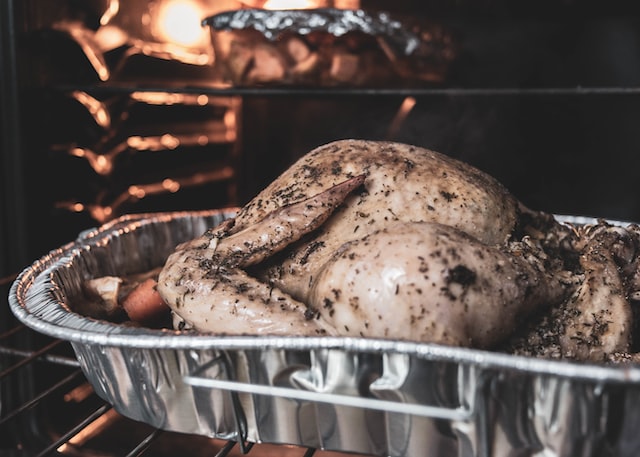As a consequence of Brexit the UK now has to reconsider how it relates to the world with respect to trade. How the UK positions itself with regard to food, is the subject of this research led by Professor Iain Fraser.
Consumer Preferences for chlorine-washed Chicken, Attitudes to Brexit and Implications for Future Trade Agreements is the latest paper from Professor Iain Fraser, joint research with Professor Kelvin Balcombe (University of Reading) and Dr Dylan Bradley (S&P Global) and came about as a result of a project with the Food Standards Agency on consumer values.
‘We examined UK consumer attitudes to food, in particular chlorine-washed chicken, post-Brexit.’ Fraser explained ‘Our analysis reveals that consumers who have positive attitudes towards food, post-Brexit do not negatively value chlorine-washed chicken as much as consumers who have negative attitudes about food post-Brexit. However, of potentially more importance for future trade deals is that, regardless of attitudes about food, post-Brexit almost all consumers value EU food safety standards, quality assurance schemes and country of origin information.’
‘This means that attitudes to food post-Brexit and preferences regarding food attributes do not necessarily align in support of trade agreements that may require the UK to lower existing food safety and animal welfare standards. How consumer preferences can be satisfied for any trade deal involving food imports are discussed in our research, with a particular focus on the use of food labels that can enable consumers to make more informed food choices.’
Read the full paper here.
